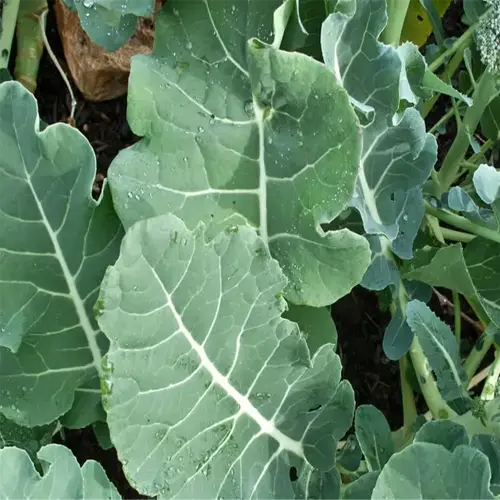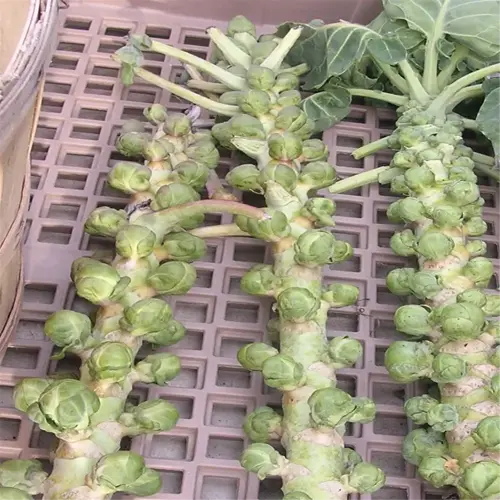Why aren't cashew apples sold in grocery stores?

Written by
Michael Sullivan
Reviewed by
Prof. Martin Thorne, Ph.D.Cashew apples are the juicy, pear-shaped fruit that is found attached to raw cashew nuts. The cashew apple rots within a day of picking because of its thin skin bruising like a very overripe peach, along with a water content of about 75% moisture, which promotes mold. I saw a batch of cashew apples that belonged to a Brazilian farmer liquified while traveling to the market to sell. Now they just juice the cashew apples on-site.
Spoilage Triggers
- High moisture content: 75-85% water weight
- Delicate epidermis: Breaks under slight pressure
- Ethylene sensitivity: Over-ripens rapidly post-harvest
- No commercial preservatives: Lacks FDA-approved treatments
Processing Solutions
- Flash pasteurization: Extends juice shelf life to 6 months
- Freeze-drying: Creates shelf-stable snack chunks
- Fermentation: Produces cashew wine or vinegar
- Puree freezing: Maintains flavor for 1 year
Without refrigerated airfreight, export efforts can be unsuccessful which is a costly expense for the average retailer. I had partnered with a co-op in Ghana that sent fresh apples to Europe, and they lost $12,000 on that shipment. Now, they are producing cashew feni (a liquor) and have tripled their profits. The world market is influxing with all of these shelf-stable goods. No one wants to compete against the clock when producing and exporting food.
Processing is vital to local economies. I saw this in Goa, India, where roadside presses make juice, get bottled, and do so quickly. The tart, vitamin-C-rich liquid is popular and sells quickly; within the state but does not cross borders. The best option may be visiting those cashew regions or buying imported preserves online.
Read the full article: How to Grow Cashews: Expert Tips for Home Cultivation

